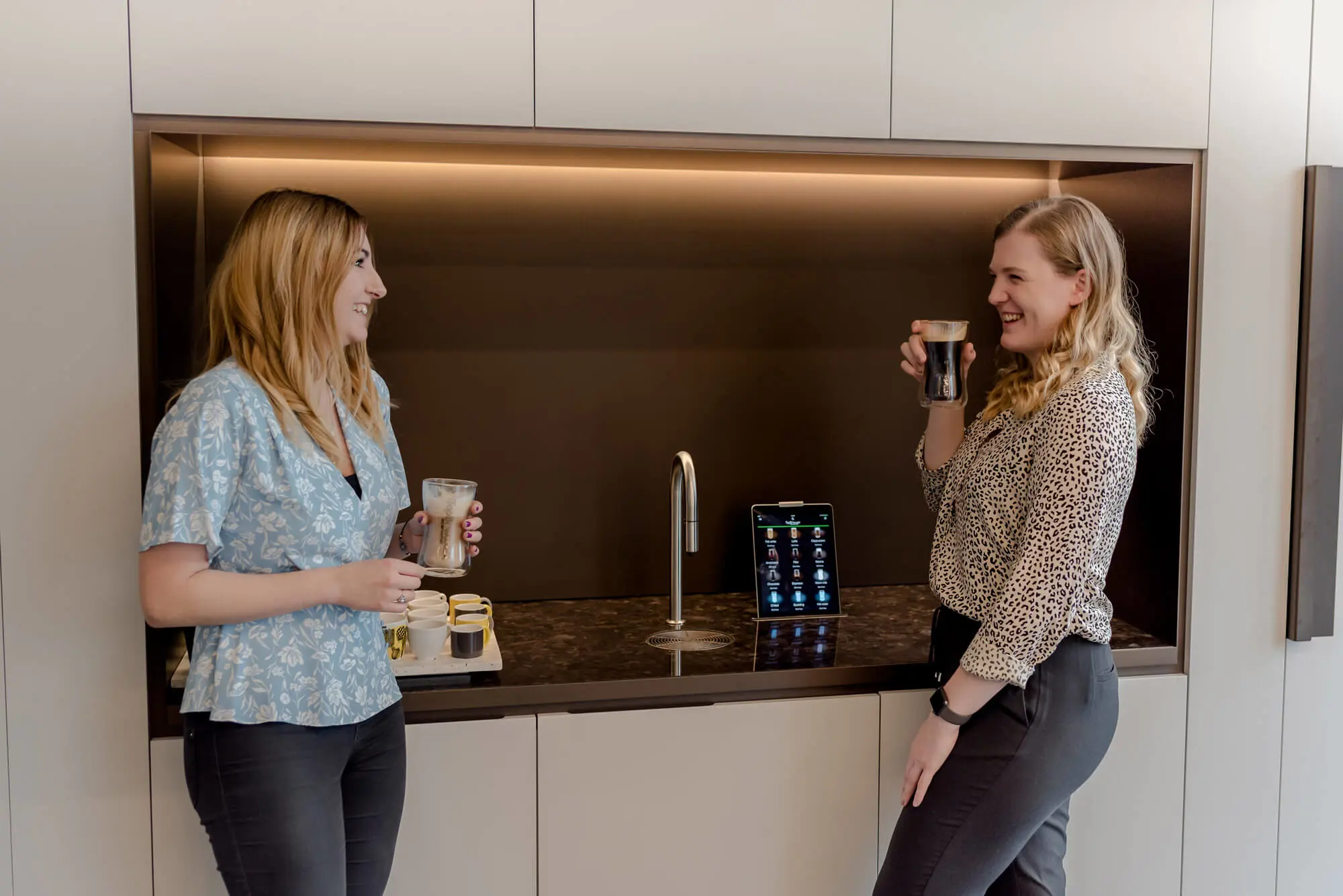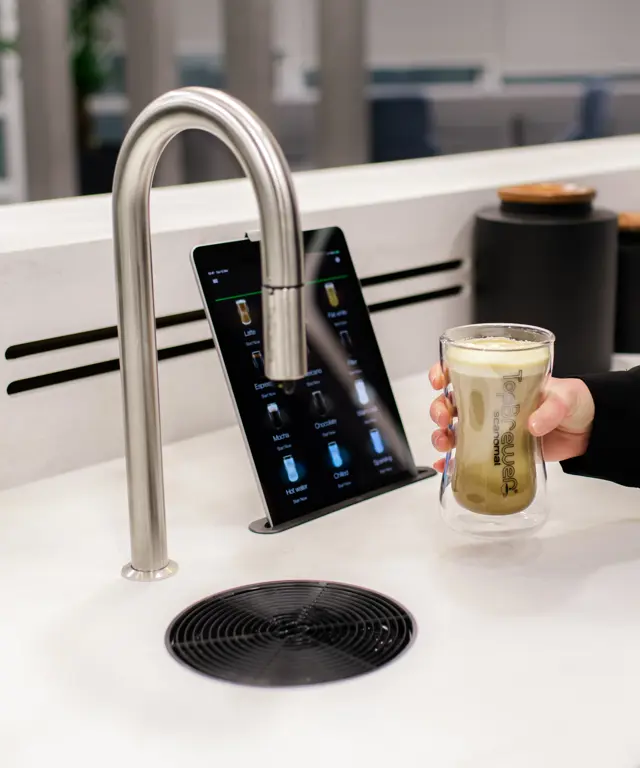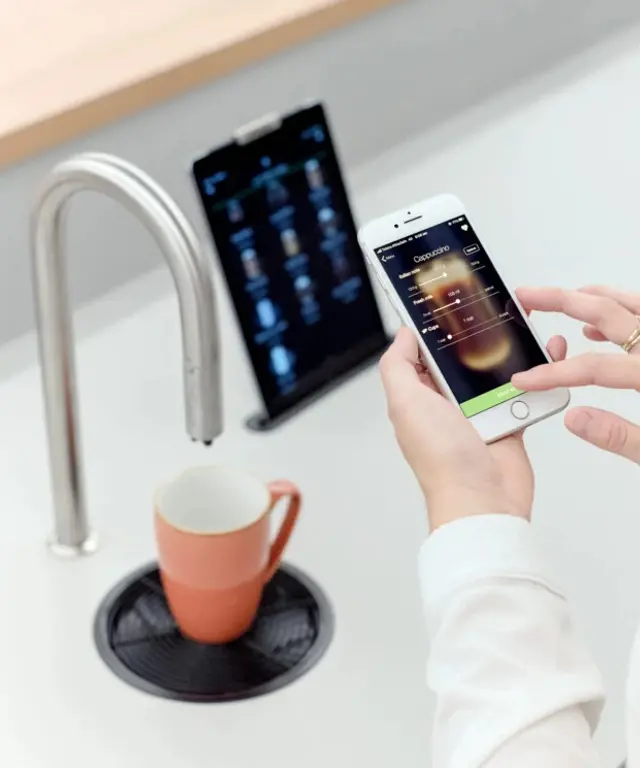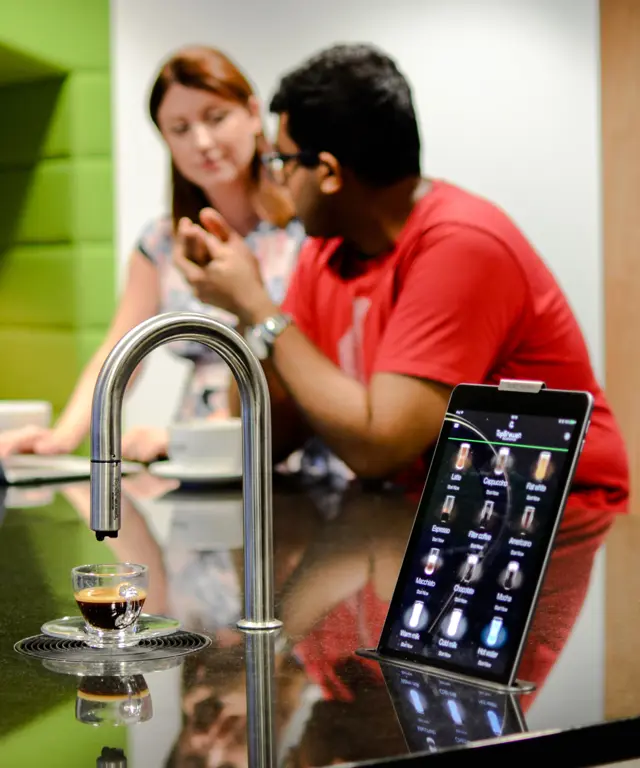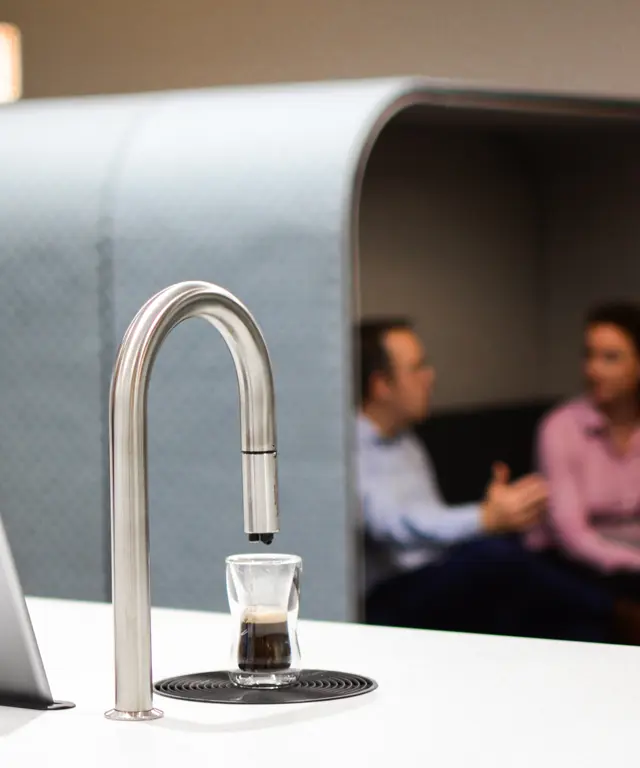The Future Workplace: 8 workplace trends shaping the future office
As technology continues to get smarter and changing ways of working continue to impact workplace design, we explore which key trends are shaping the future of the office…
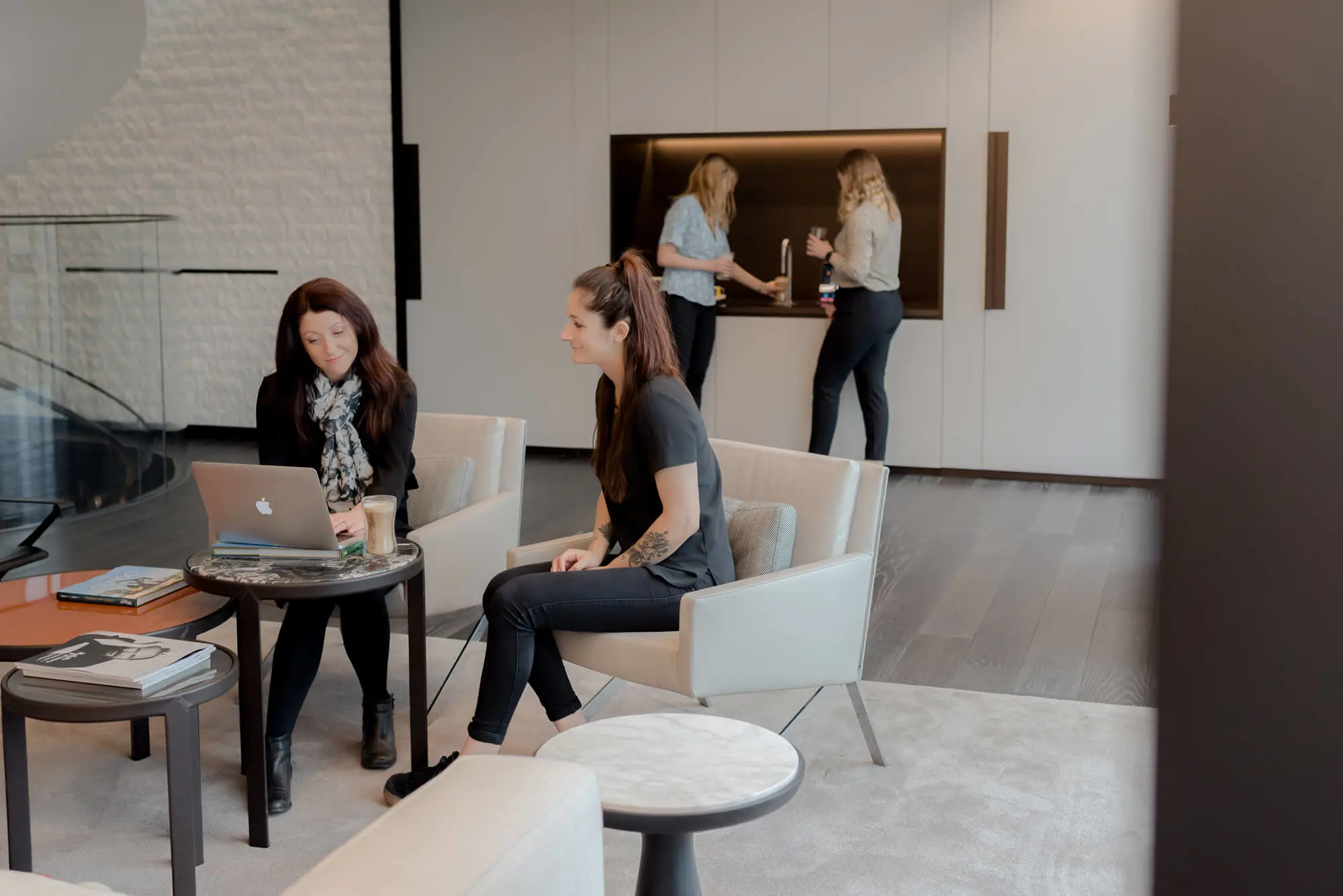
Coworking
Coworking challenges the traditional office
What is it about coworking? Co-working definitely isn’t a new trend, but it’s one that has arguably had one of the biggest impacts on the future workplace design, and its meteoric rise is showing no signs of slowing. There are many benefits to coworking and as a result, many companies are taking the plunge and moving from a ‘conventional’ office space to a coworking environment and/or taking cues from coworking design and facilities.
In their 2018 global coworking forecast, GCUC estimated that there will be an average annual growth of coworking members of 24.2%, until it reaches 5.1 million members by 2022. This is an impressive feat, considering that 10 years ago coworking was a little-known phenomenon.
Wellbeing
Wellbeing Takes Priority
As more studies are carried out that highlight the importance of employee wellbeing and employee engagement, companies are paying more attention to the issue. It’s becoming common knowledge that a happy and healthy workforce drives productivity and profits, so the continued push in wellbeing strategies and people-centric design, such as breakout zones and on-site mental health professionals, is no surprise.
Employees expect that their mental and physical health will be looked after and taken seriously, and many expect their employers to have a strong strategy to deal with any issues they have.
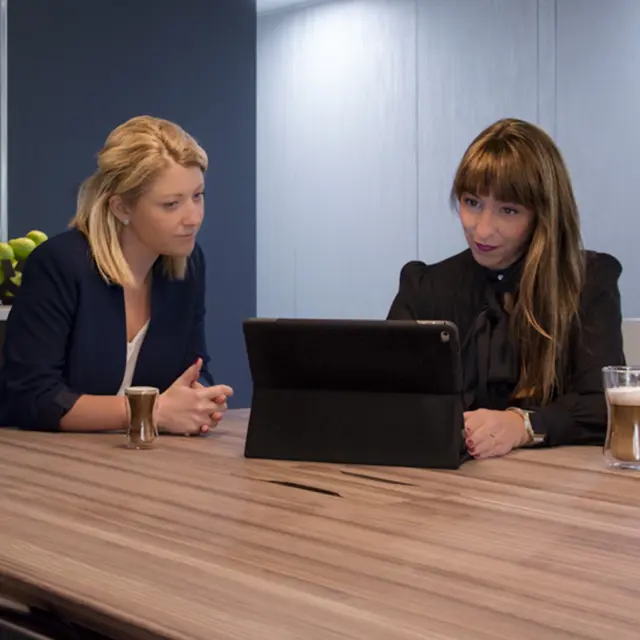
Employees expect that their mental and physical health will be looked after
Coworking is estimated to reach 5.1 million members by 2022
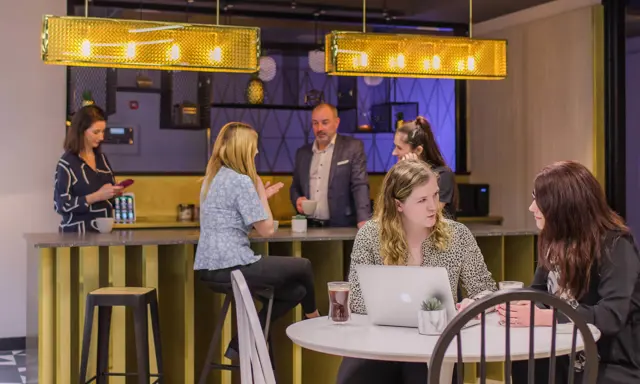
Experience
Human Experience
Employee experience continues to take centre stage. Linked with the increased understanding of the importance of employee wellbeing, the overall workplace experience has become incredibly important. In the fast-moving corporate world, the experience you offer to your team helps entice the best talent.
A better workplace experience leads to happier and more productive employees, which ultimately leads to bigger profits. The physical office environment and amenities offered to staff have a big impact.
Coffee Culture
Coffee Culture at Work
There has been a big shift towards activity-based working, breakout zones are becoming more popular, and a first-class coffee experience is now expected as standard. According to the 2020 Leesman Index, 77% of respondents said that tea, coffee and refreshment facilities were a highly important factor in their physical environment, and it’s estimated that office coffee consumption is worth around £232m to the UK economy.
The figures are staggering, and the importance of office coffee cannot be ignored. Office coffee consumption has seen major growth in the UK as employers recognise the importance of providing a top quality coffee offering to staff.
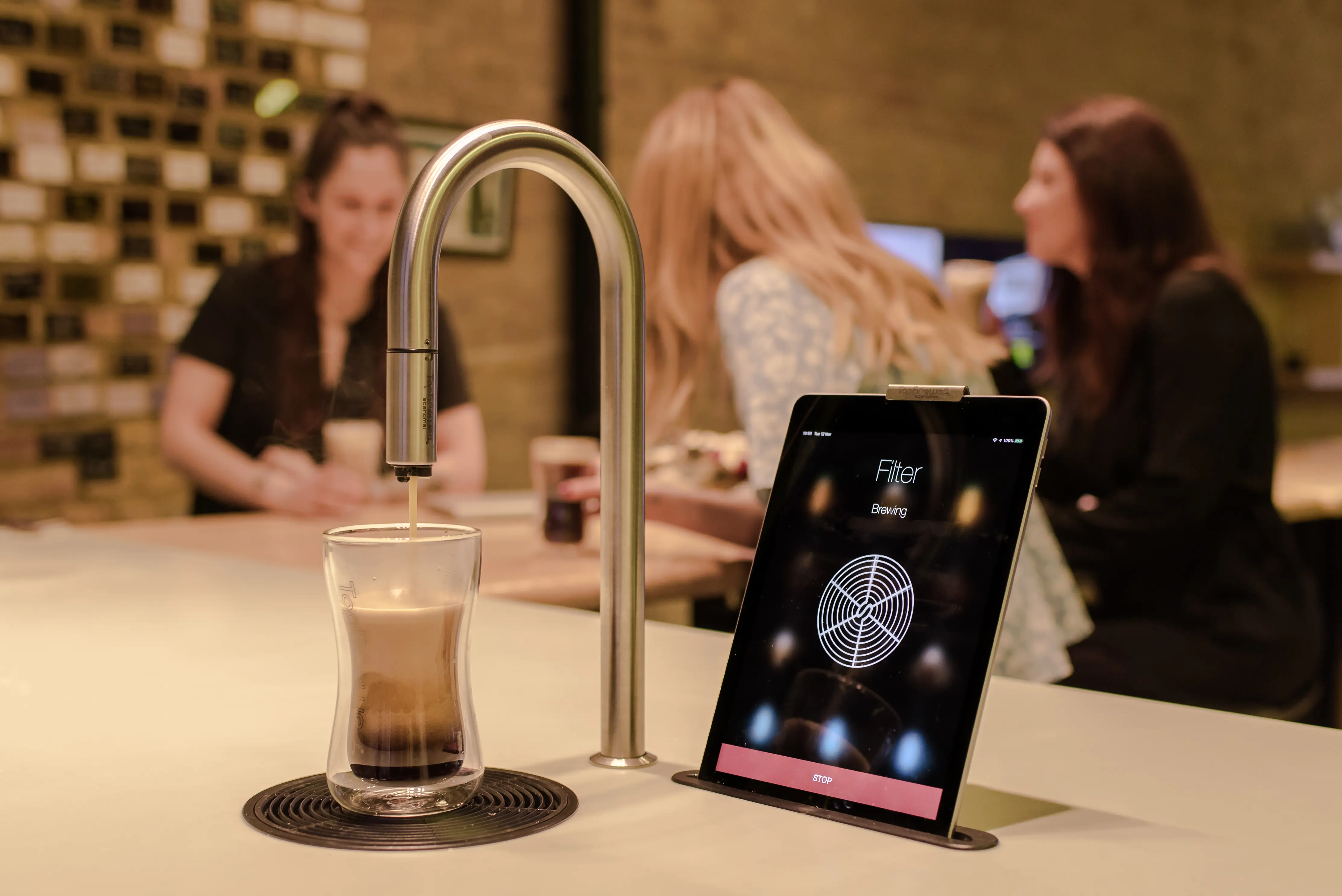
Sustainability
Sustainable Living
Sustainability is a huge topic at the moment, both on a personal and a professional or corporate level. Teenage Swedish activist, Greta Thunberg, made headlines in late 2018 and early 2019 for her climate change activism, and the 15-year-old’s words have had a huge impact. We are growing more aware of the negative human impact on the planet, and adopting a more sustainable way of living and working has continued to be a huge trend.
In the corporate world, strong Corporate Social Responsibility policies are vital, and in the modern workplace, it’s no longer a question of whether CSR policies should be implemented, but how they should be implemented. CSR incorporates sustainable development and sustainable practices into a firm’s business model, and these policies filter through every aspect of modern office life, from the labour practices the company implements across the globe to the coffee employees are drinking in the workplace.
Technology
Technological Revolution
The newest members of the working world, Millennials and Gen Z, aren’t just comfortable with technology, they live and breathe it. Technology infiltrates every aspect of our lives, and this extends to the workplace, from the computers we work on to the smart and connected coffee machines from which we get our morning latte.
Workplaces have had to adapt rapidly to new technology as what is expected as ‘standard’ in a workplace is vastly different to even 5 years ago. Technology is helping firms quickly adapt to change, implement better internal processes and increase productivity, so our reliance on tech won’t be changing any time soon. This leads us nicely to the next trend…
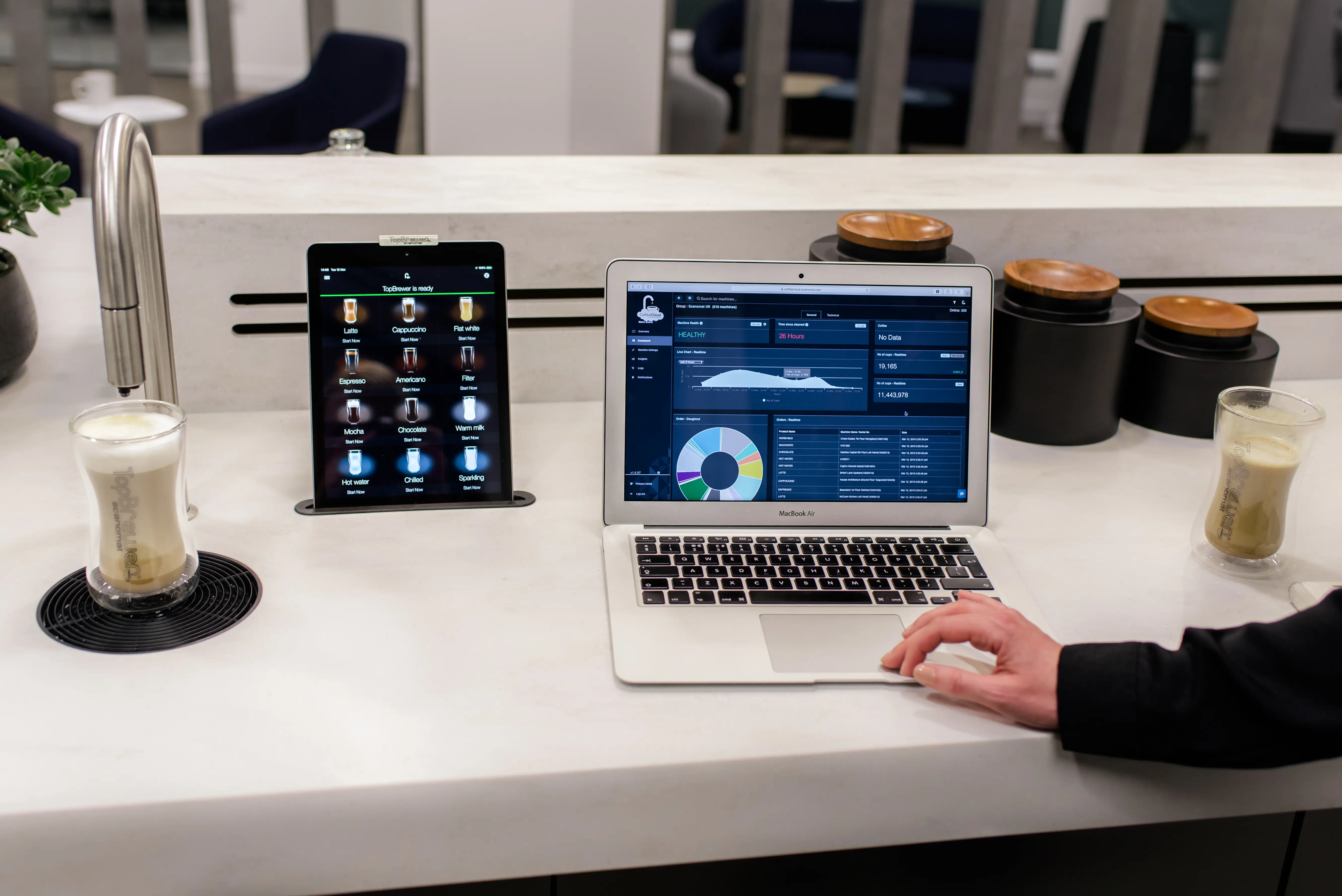
Smart Buildings
AI/Smart Buildings
Though technology is already a huge part of office life, the future will bring huge developments in the form of Artificial Intelligence and Smart Buildings.
A smart building uses sensors and microchips to collect data and manage it according to the business functions and services of its owner. This helps owners, operators and facilities managers improve efficiencies and building performance, resulting in reduced energy usage and an optimisation of how space is used. The wellbeing of individuals in the space can also be positively impacted, as smart buildings can make occupants more comfortable and productive with lighting, air quality and security.
As it stands, Artificial Intelligence is already well integrated in our lives, in the guise of Siri, Alexa, and other smart speakers and devices. Research conducted by EY found that organisations making use of AI had an increased operational efficiency, and employees were able to make faster, more informed decisions. In short, AI in the workplace will enhance human intelligence, acting as an enabler for productivity and collaboration.
Talent
In the months and years to come, there will be an increased investment in employee skills and professional development as companies continue to focus on the employee experience and try to attract and retain the best talent. By 2025, it’s expected that Gen Z will make up 27% of the workforce, and the youngest workers want more from a job than just a good salary, they also want room to grow and develop in their professional life.
In order to attract the best employees companies will need to ensure they have room for progression and growth, so it’s important to introduce effective talent management policies now to prepare for the future.
